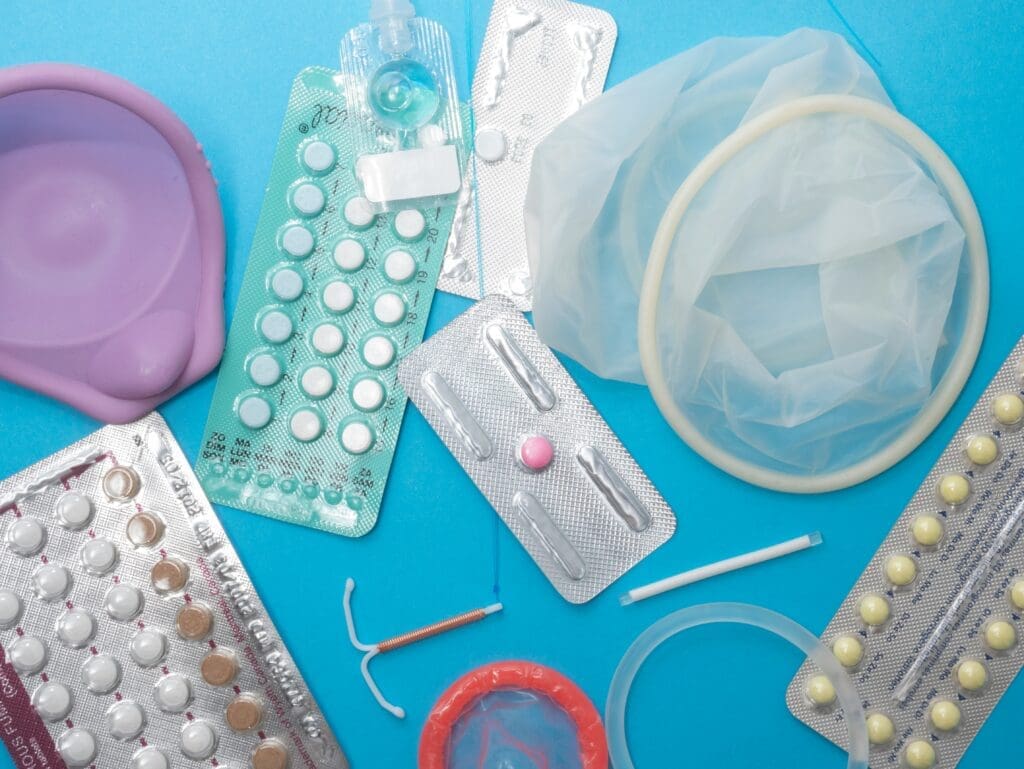There are many different methods of contraception for you to choose from. Use our contraception tool or click on the images below to find one that suits you best.
You can talk to your GP
If you have had unprotected sex in the last 5 days or you think that your contraceptive may have failed, you may be able to have emergency contraception to prevent an unplanned pregnancy.

If you have had unprotected sex in the last 5 days or you think that your contraceptive may have failed, you may be able to have emergency contraception to prevent an unplanned pregnancy.
Your fertility can return quickly after giving birth. Contraception might well be the last thing on your mind but many unplanned pregnancies happen in the first few months after childbirth so even if you’re not interested in sex straight away, it’s best to be prepared.
Website by mtc